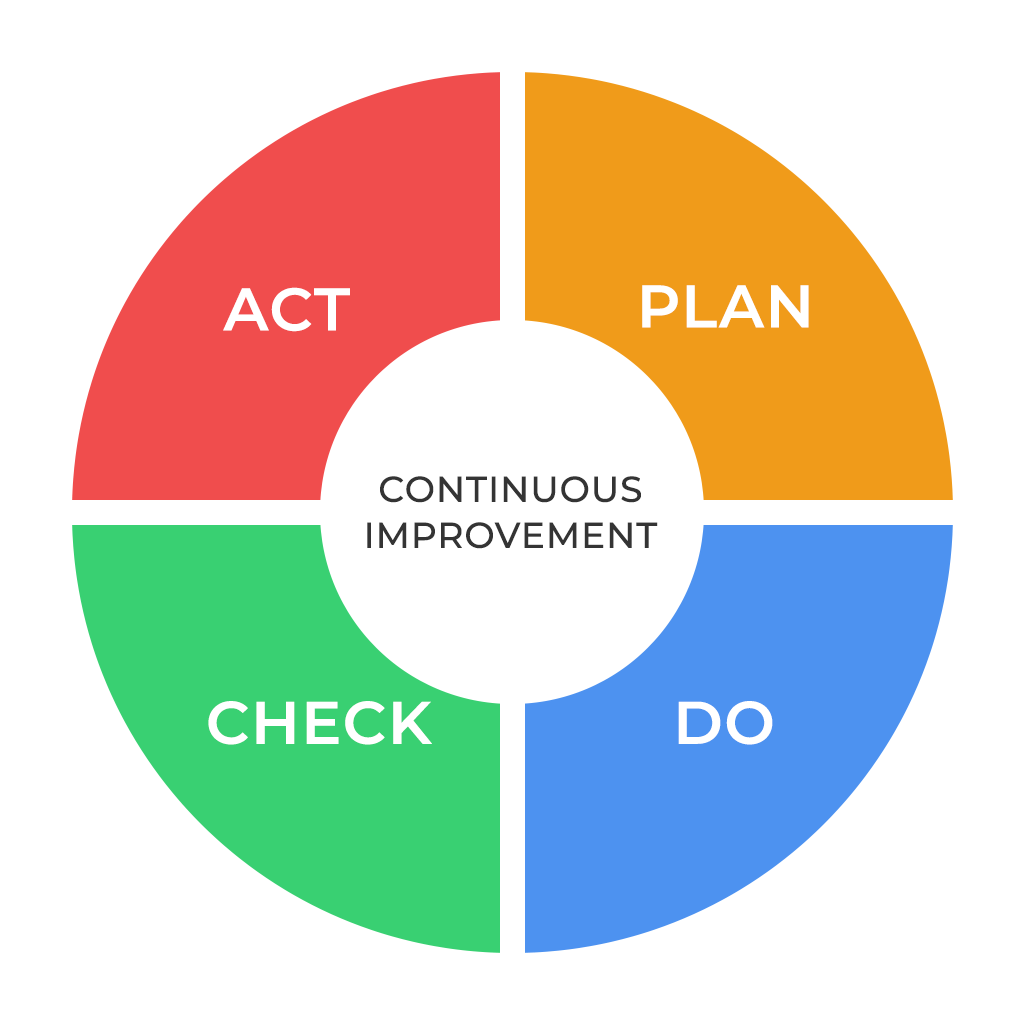“I WILL LOSE WEIGHT”.
“I WILL QUIT SMOKING”.
“I WILL QUIT BEING A NON-VEGETARIAN”.
Have you ever caught yourself saying this or something similar around the beginning of a new year?
Have you ever wondered why you aren’t able to achieve your new year resolutions no matter how hard you try?
If you’re one of the very few who are able to bring your resolutions to fruition then this article probably isn’t for you. But if you’re able to relate to this a little too well then I just might have the answers you’re looking for.
The following list of reasons isn’t something I made out of thin air. These are some of the most common reasons that I have heard from the hundreds of people who I have coached over the last couple of decades to help them achieve their personal and professional goals. Listing out reasons alone is pointless so I have also addressed how you can find a way out.
So, let’s get right into it.
1. You Are Waiting For January 1st To Set A Goal In The Disguise Of A Resolution
By definition, a resolution is a firm decision to do or not to do something. A goal is the result or achievement toward which effort is directed.
We both know which one sounds more appealing.

We all know some of the most common new year resolutions – “I will quit drinking alcohol”. “I will quit smoking”. “I will quit eating non-vegetarian”. There is a fundamental problem with these statements. Did you know the subconscious mind stores only images of these (alcohol, non-vegetarian food, smoking etc.,) and brings them up whenever you make these statements, unconsciously triggering your body to crave for these things?
Don’t believe me? I’ll prove it to you. Open your internet browser and type in the phrase “I don’t want pictures of Taj Mahal”. Did you get any images apart from those of Taj Mahal? Of course not! You got exactly what you didn’t want. That’s how the subconscious mind works.
Now that you know how the subconscious mind works, state your resolution as a goal in a positive statement. The unconscious mind will start working in your favor. For example, “I will lose weight” will be “I will get to my ideal weight” or “I will quit eating non-vegetarian food” becomes “I will become a vegetarian”.
Is that it? Nope. Why? Because it’s still a wish and not a goal. A goal has to be specific, measurable and should have a timeline for completion at the very least. Otherwise, your goal will still remain a wish that won’t come true.
Here’s How You Can Overcome This Issue
Here’s a good example of a goal: I want to weigh 75kg by 8th June 2021. Write your goal down on a piece of paper in this format in your own handwriting and put it up in a place that you can see everyday. Your subconscious mind will get to action and you will see results. You can also follow my very own goal setting process to help you along the way.
Your subconscious mind is like a search engine. Use it to your advantage.
2. Your New Year Resolutions (Goal) Are Not Aligned To Your Personal Values
Whether you know it or not, you lead your life by some guiding principles – your personal core values. They act as your internal compass – like a GPS of sorts. Similar to a GPS that keeps you on track to your destination no matter how many times you deviate from it, your core values will keep you on track to your destination, which, in this case is your resolution.
However, if your new year resolutions don’t align with your personal values, then there’s going to be conflict within you. Your subconscious mind is going to reject the idea and you are not going to be able to move forward.
For example, if “learning’, “growth” or “knowledge” happen to be your core values, and you’ve set one of your new year resolutions to read 100 books in a year, you will be very likely to achieve it. You would breeze through the process because you enjoy learning, gaining knowledge or feeling a sense of internal growth since most of the behaviors you demonstrate unconsciously would be aligned to your core value and keeping the resolution would become easy. Otherwise, even reading 1 book a month would seem tedious.

Similarly, if one of your new year resolutions is that you want to start your own business and become an entrepreneur, and if “security” is one of your core values, then there’s are very high probability that you would not like to give up your regular monthly income to start something on your own because the risks are very high.
On the other hand, if you value “adventure”, you would probably feel stifled if you let yourself be pressured by choices like a stable office job and a settled life. For you, a career that involves starting your own business, or other opportunities for risk and adventure may sound very exciting and appropriate.
Here’s How You Can Overcome This Issue
If you believe that your goal is misaligned to your core values, find yourself a coach who can help you reframe your goal in such a way that it aligns with your core values.
Your core values are like your internal compass. It shows you the direction. As long as you get your direction right, you will get your destination right.
3. Your Resistance To Get Out Of The Comfort Zone
This is an interesting one.
Let’s take the example of losing weight as one of your new year resolutions. So, you want to get to your ideal weight. You know it’s not rocket science, right? Your common sense knows that if you burn more calories than you consume, you are eventually going to get to your ideal weight over a period of time. Now the question is, what’s the reason for not following through? You are perhaps doing a lot of research on the following:
“How to lose weight?”
“What is the best diet to lose weight?”
“What is ketosis?”
“What is a GM diet?”
”What is an Atkins diet?”
“What is a paleo diet?”
So on and so forth.

Staying in your comfort zone and overthinking is taking you nowhere. Your mind is wondering all over the place and you’ve successfully tricked yourself into believing that you’re making progress. Your mind gets tired and you get stressed.
In order to overcome the stress, you just sit comfortably on your sofa, get hold of some junk food and beverage, switch on the TV and keep navigating aimlessly. You tell yourself “not today, let me start tomorrow”. When tomorrow arrives you will have some other excuse. You set an alarm in the morning to wake up and when the alarm goes off you wake up, there is a fight between the mind & the mattress. You shut the alarm and go back to sleep. The mattress wins. End of story!
Here’s How You Can Overcome This Issue
Just get started with whatever little you know. It is like driving a car in the night. The headlights will give you the visibility to see only the next 100-200 meters. If you keep thinking “I will move only if I can see at least a kilometer”, you are not going to start. You start from where you are and eventually you will get to your destination.
Everything that you want in your life is there for you outside your comfort zone.
4. Your Excuses, The Quantum-Leap Myth & Old Habits
Perhaps you have heard this before – “First we form habits, then they form us. Conquer your bad habits, or they’ll eventually conquer you.”
I strongly believe that human beings are creatures of habits and our habits work like a double-edged sword. Positive habits make you and negative habits break you. The unfortunate truth is that negative habits like smoking, unhealthy eating and so on get created without our knowledge (subconscious mind at work). However, positive habits like meditation, breathing exercise, eating healthy and so on have to be created deliberately (consciously). If you reflect on a negative habit that you have today, you will realize the truth in it.
There’s enough research which proves that we cannot destroy an old habit. We can only replace it with a new habit. That’s how the brain works. This phenomenon is known as Neuroplasticity. Neuroplasticity, in simple terms, is the brain’s ability to rewire the connections between the neurons; the cells responsible for receiving sensory input from the external world, for sending motor commands to our muscles, and for transforming and relaying the electrical signals at every step in between.
If you want to stop the unhealthy habit of smoking, you can only do so by replacing it with a healthy habit like meditation or something else.

It is generally believed that it takes 21 days of repeating the same thing day after day to build a new habit. This is also attributed to the work of Dr. Maxwell Maltz, who was a very famous plastic surgeon in the 1950s, in his book Psycho-Cybernetics. But what he said has been misinterpreted. He said that it takes a minimum of 21 days. In fact, a study in the European Journal of Social Psychology analyzed the habits of 96 people over 12 weeks. On average, it is said that a habit takes around 2 months to become an automatic behavior – 66 days to be exact. And for some it can take up to eight months.
It shouldn’t matter how many days it takes. You just have to keep repeating it until it becomes an automatic habit; Automaticity is the ability to do things without occupying the mind with the low-level details required, allowing it to become an automatic response pattern or habit. The way you learnt to brush your teeth, ride a bicycle, two-wheeler or a car.
Here’s How You Can Overcome This Issue
There’s a misconception that you have to take one massive action to achieve massive results. This is the Quantum-Leap Myth. You can’t expect to cut down a massive tree with a single swing of an axe. You need to chip away at it swing after swing until it has been finally cut down. It is true that to achieve massive results you need massive action. But massive action in itself is a result of repeated smaller actions. This is also known as the compounding effect.
Small actions done on a daily basis repeatedly produce massive results in the long run. It’s also known as the compounding effect.
5. You Haven’t Built A System
What is a system? A system is a way of working, organizing, or doing something which follows a fixed plan or set of rules. That’s the convoluted answer.
The simple answer is – a system is a process that produces a predictable output for a given input.
For example, a ceiling fan runs on electricity. Irrespective of who operates it, the fan starts working when the switch is turned ON and stops working when the switch is turned OFF.
Now you’ve got your goal sorted out, you are excited about it, you’re taking action yet you’re unable to see results. What’s the problem?
The problem is that there’s no method in your madness. You’re not planning, tracking any progress and being accountable.
You want to do 100 different things without realizing how the Pareto Principle (commonly known as the 80/20 rule) works. This rule simply states that 80% of the results come from the 20% of the work you do. Stop doing 10 things and spreading yourself thin. Instead do 2 things with 100% commitment. It is a lot easier to measure the progress of 2 things and not 10 things.
Here’s How You Can Overcome This Issue
One of the simplest systems that you can adopt is the Deming’s Cycle (PDCA). This is a system which has a wide variety of applications and has been leveraged in many organizations for several years.
Simply put, it is a continuous improvement process. PDCA can be implemented in the following ways for checking and improving progress:
Plan – Identify ways to improve something (example: create habit)
Do – Implement the solutions (habits) in a small way.
Check – Set benchmarks to check improvements (new habit against the old habit).
Act – Choose the right solution (habit) and implement

What gets measured, gets managed. What gets managed, gets improved. What gets improved, gets manifested.
Summary
In summary, the 5 reasons why you fail to achieve your new year resolutions are as follows:
1. You are waiting for January 1st to set a goal in the disguise of a resolution: The difference between a resolution and a goal is that a resolution is a decision to do or not do something and a goal is a result toward which active effort is directed. Set a definite goal. Be specific, realistic, make sure it’s measurable and set a timeline.
2. Your new year resolutions (goal) are not aligned to your personal values: Our core values act as our internal compass. If you do anything that goes against your core values, you will face internal conflict. Which means if your new year resolutions (or goals) don’t align with your core values, your subconscious mind will completely reject them and you won’t be able to move forward.
3. Your resistance to get out of the comfort zone: New year resolutions are essentially challenges that you set for yourself. The problem with most people is that they are unwilling to challenge themselves because they know that they have to get out of their comfort zone. Instead, take small steps outside your comfort zone by learning a little and taking action. The more you do this, the more you start to leave the comfort zone and progress toward your goal.
4. Your excuses, old habits & the quantum-leap myth: Human beings are creatures of habits and we are a result of the habits we have formed over time. Habits tend to act like double-edged swords. Positive habits can completely transform your life and negative ones can ruin you. You cannot break a habit. You can only replace it with a new one. In order to replace a habit, you have to do it everyday until it becomes second nature. In order to get massive results, you have to take small actions over an extended period of time. And these small actions are a result of our habits.
5. You haven’t built a system: In order to achieve a certain goal (your new year resolutions), you have to take a series of steps. It doesn’t make sense for you to set a clearly defined goal if you don’t set a clearly defined process to accompany it. You need to develop a plan, track your progress and be accountable. Just focus on a couple of things, commit to them and you will see results. What gets measured, gets managed. What gets managed, gets improved. What gets improved, gets manifested.














